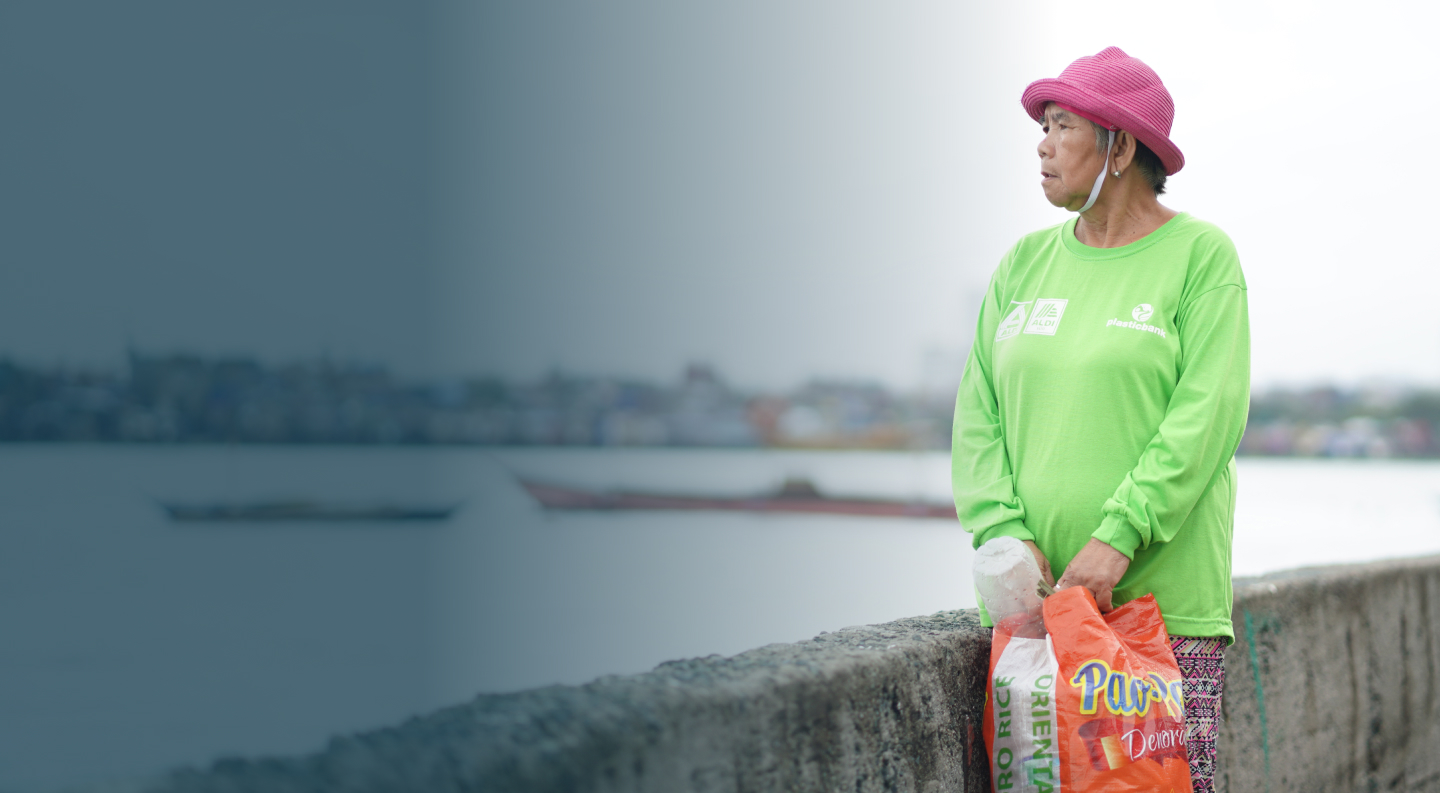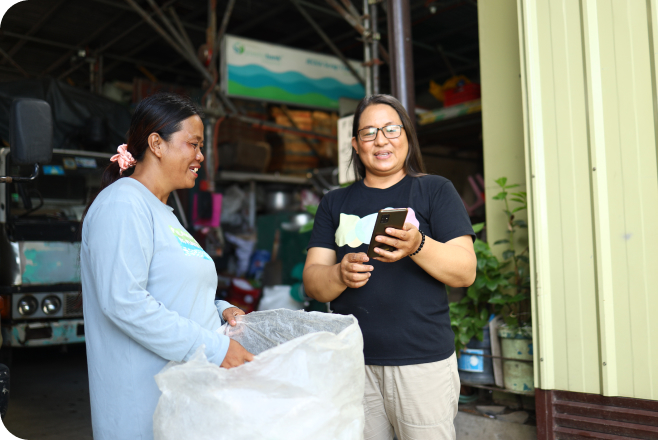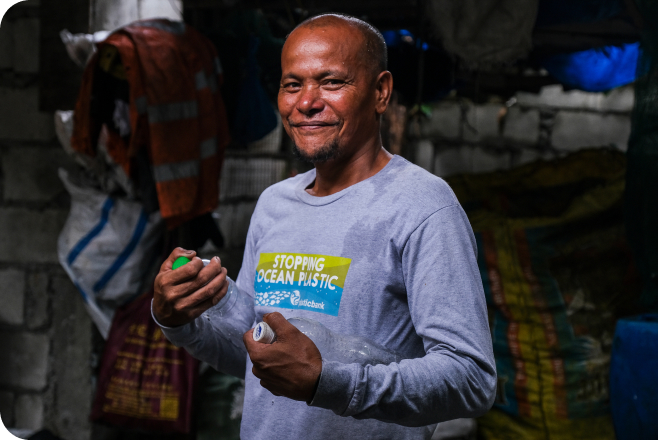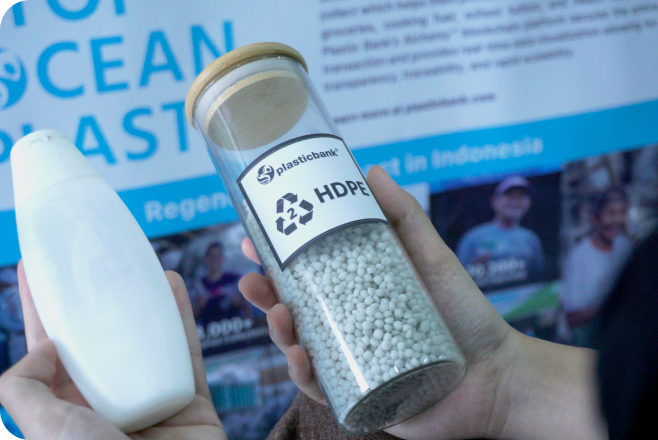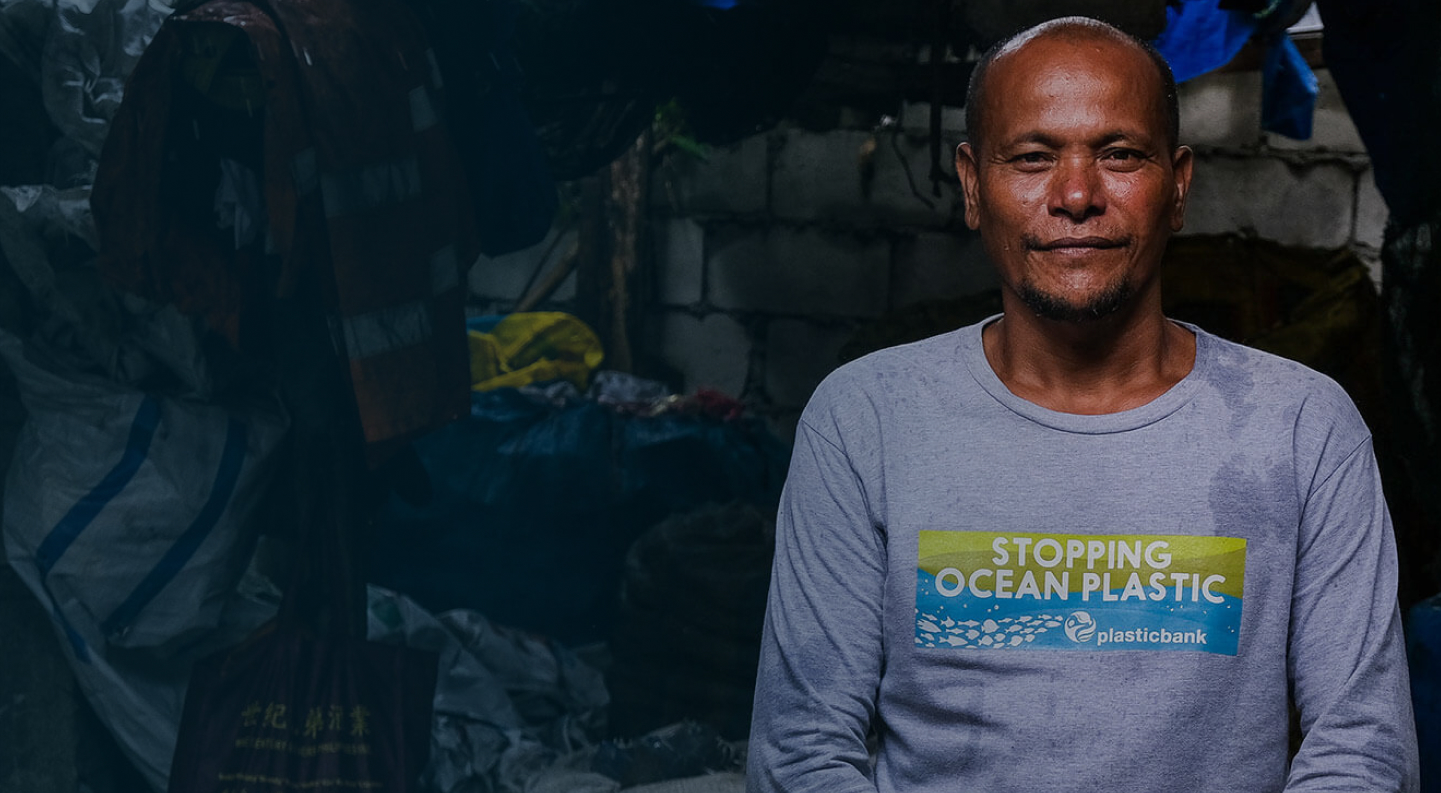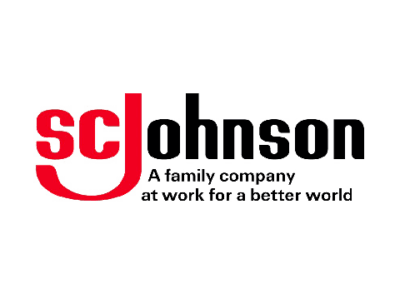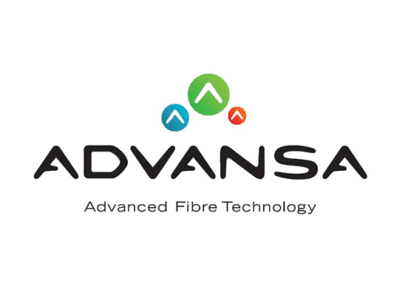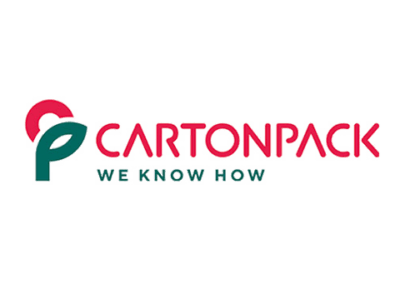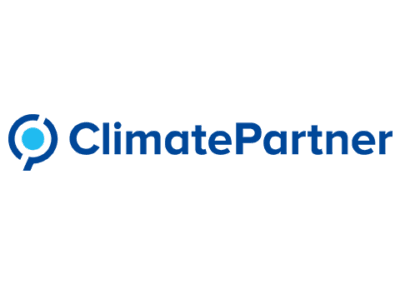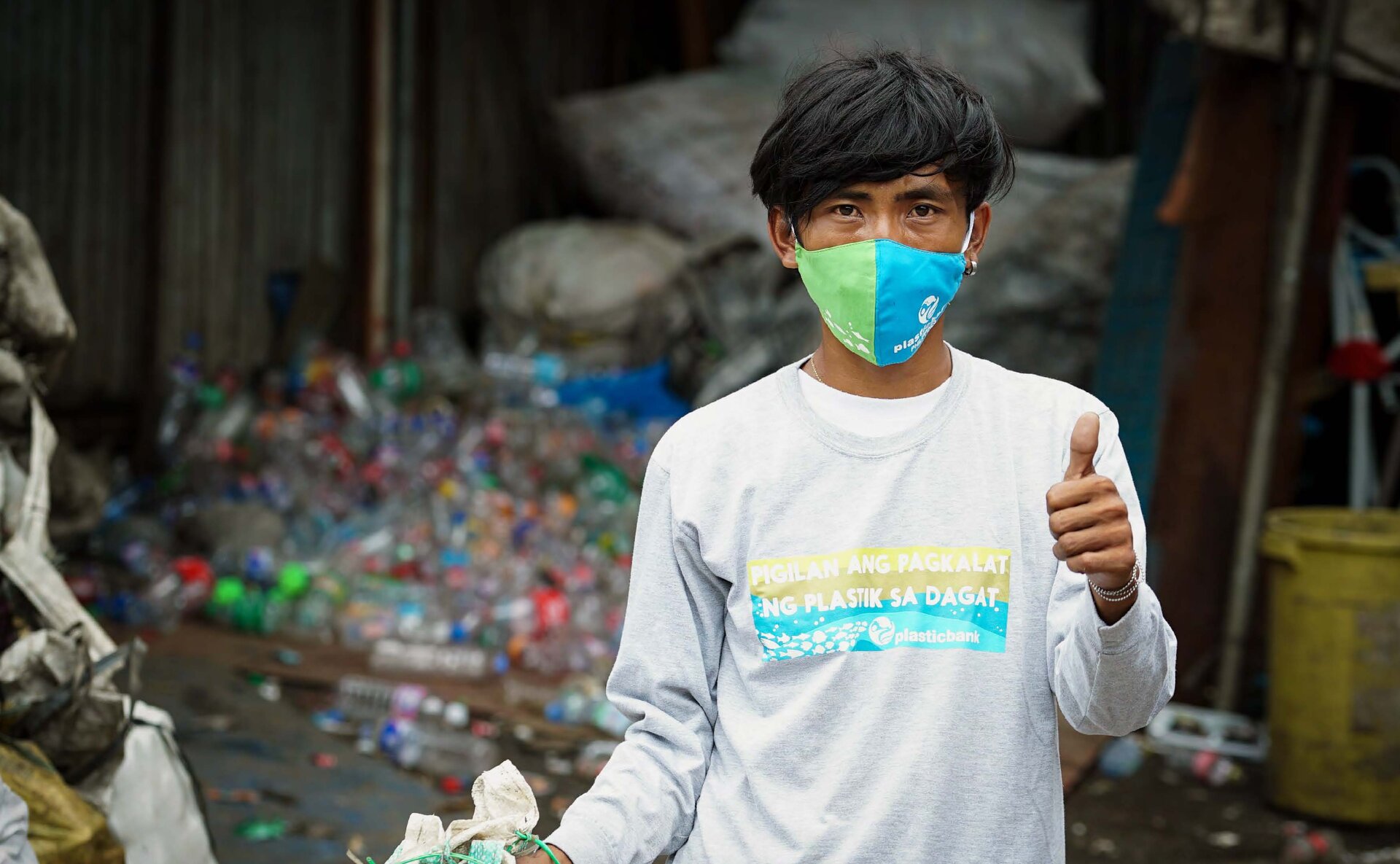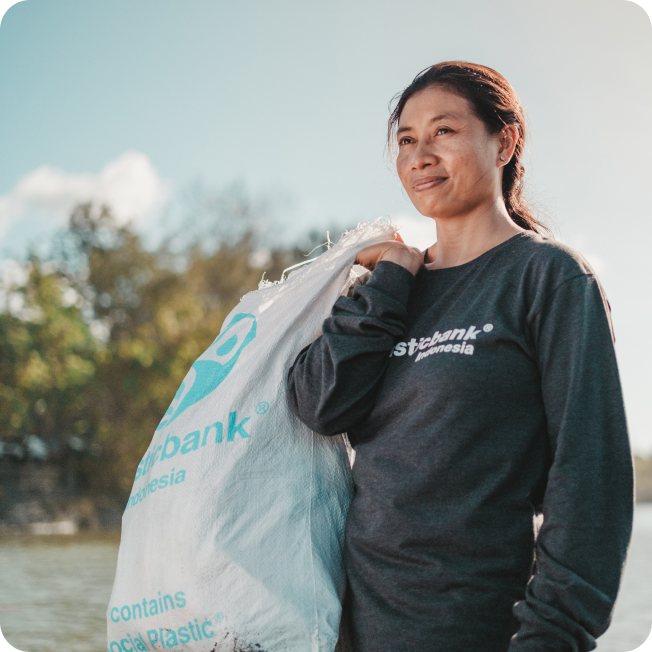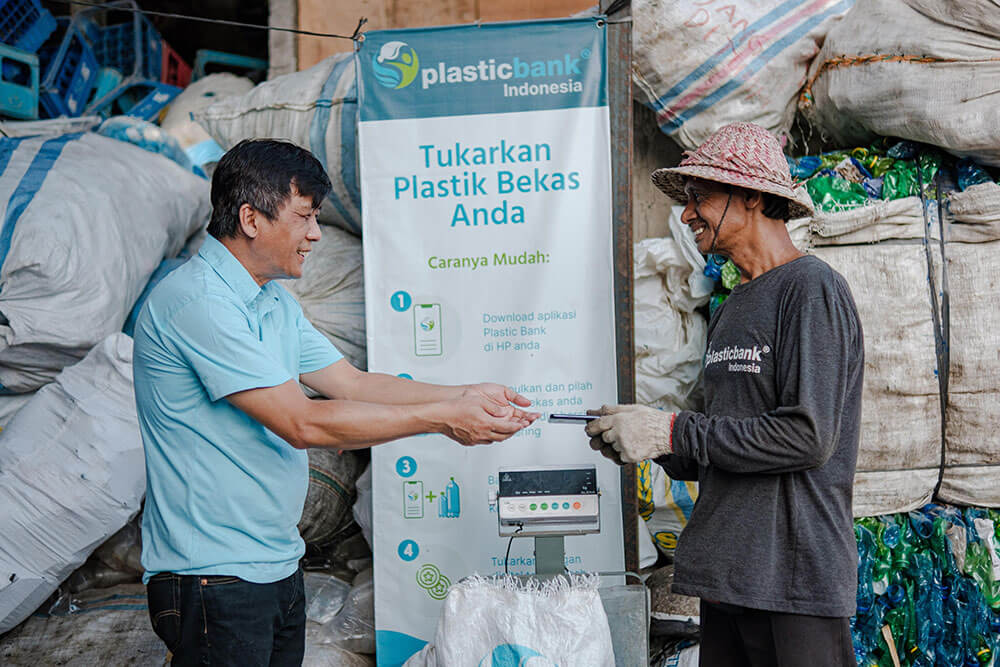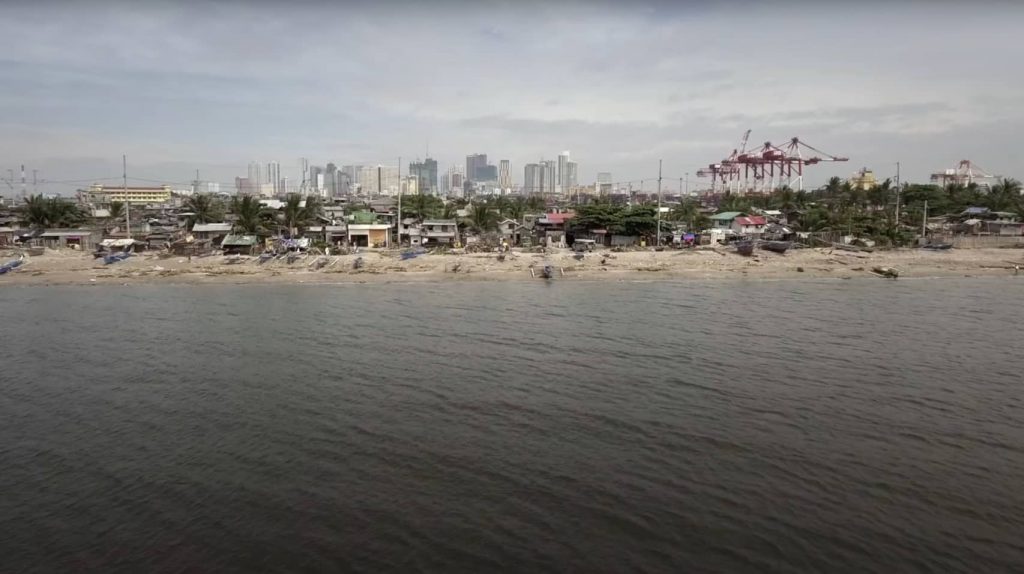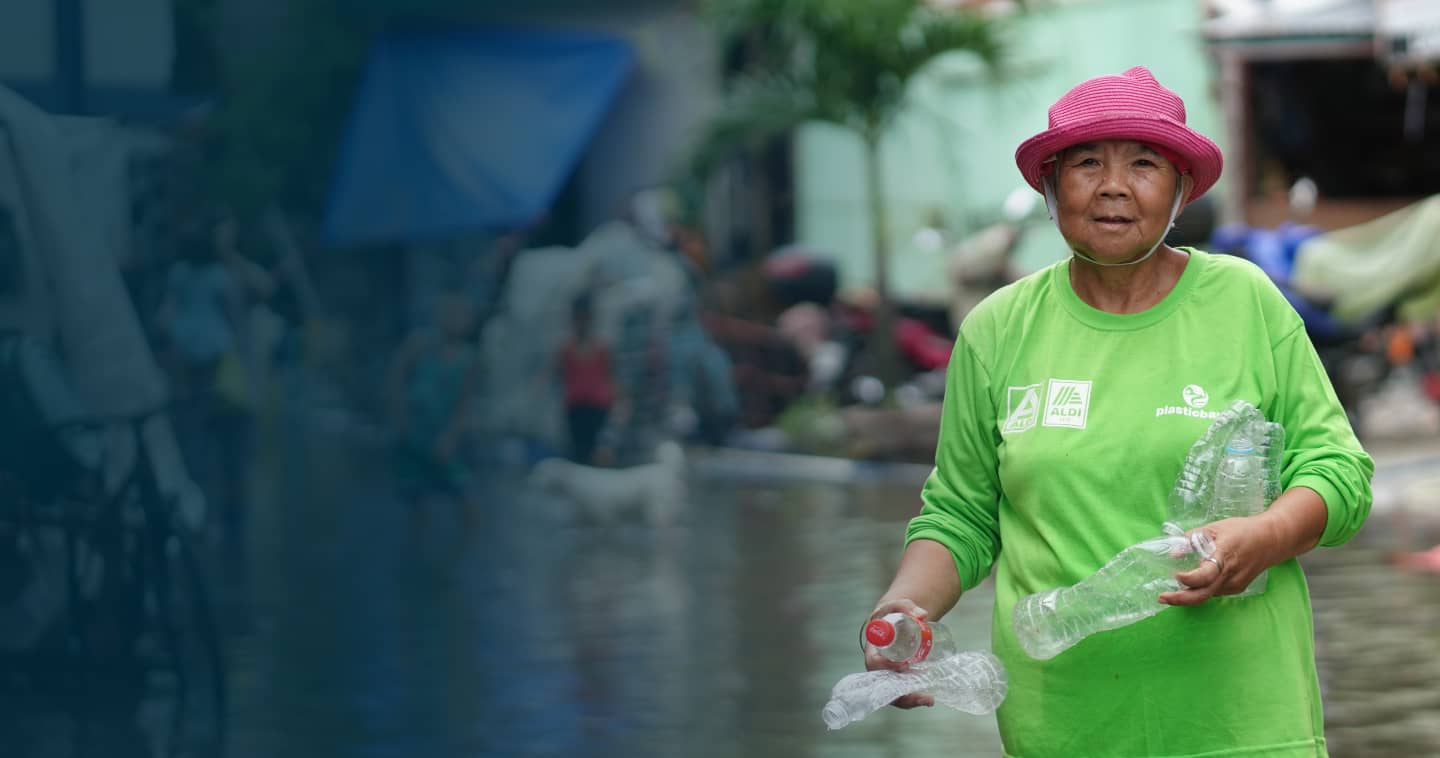
The Philippines has made Extended Producer Responsibility (EPR) mandatory
We can help you comply with new legislation on plastic waste management. Begin your EPR Program with Plastic Bank today.
Gather plastic, end poverty
Start your EPR program
Book a meeting with our experts and together, we’ll discuss:
- Your plastic recovery requirements
- How your business or brand can make a difference
- Personalized next steps
For general enquiries please use our contact page.
Explore how we can be your EPR solution
Learn more on how we can help with your EPR requirements.
For general enquiries please use our contact page.
EPR solutions with Plastic Bank
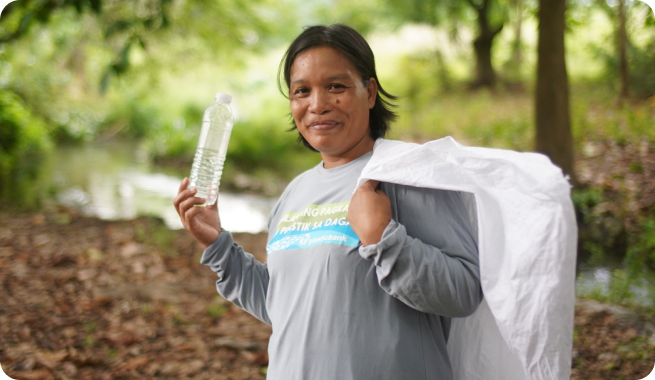
Social EPR
plastic credits
Meet and exceed your EPR by supporting collection communities gathering plastic waste for additional income and social benefits, protecting our beautiful shorelines, and helping end poverty in the Philippines.
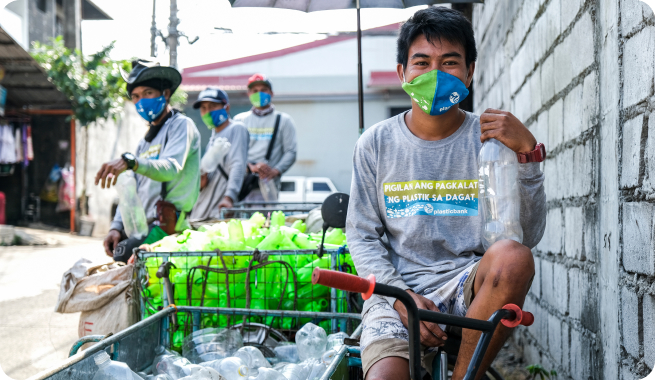
Post-Consumer Recycled (PCR) feedstock
You can minimize your environmental footprint, support the circularity of materials, and help end poverty in the Philippines by integrating recycled plastic feedstock into your supply chain.
Our impact in the Philippines
By 2028, businesses in the Philippines must demonstrate recovery and diversion of 80% of their plastic packaging footprint
Businesses driving
impact
in the Philippines
Become EPR ready
-
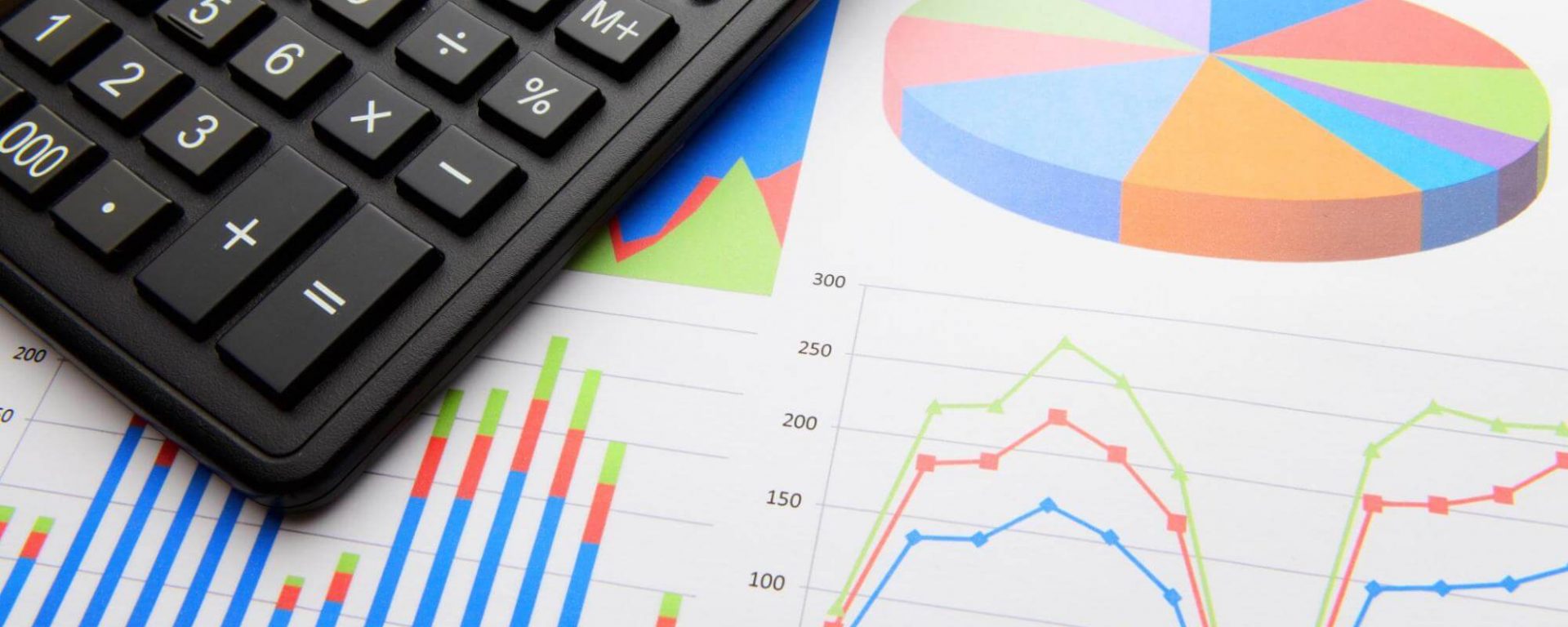
Complying with Extended Producer Responsibility (EPR) Standards
Have you ever wondered where all your plastic packaging goes? The fabric conditioner you used last week, the bottled water you thoughtlessly threw in the…
-

How EPR Law Contributes to the Economy?
In recent years, the term EPR has become a buzzword along with sustainability. Extended Producer Responsibility (EPR) has emerged as one of the top solutions…
-

Top 9 Reasons Why EPR is a Key Aspect of ESG and Sustainability
Have you ever heard of the term EPR? How about social EPR or ESG and sustainability? Did you know that these concepts have been evolving…
Frequently
asked
questions
What is EPR law in the Philippines?
The Philippine EPR Act of 2022 mandates Obligated Enterprises to recover their plastic packaging waste responsibly. This involves redesigning plastic packaging to enhance reusability, recovery, or recyclability. Additionally, it includes measures such as offsetting, redemption, or buy-back of plastic waste and contributing to the collection and transportation of recovered plastic waste to appropriate recycling sites. The law aims to reduce plastic pollution and promote a circular economy by holding manufacturers accountable.
What are the obligations of EPR in the Philippines?
The Philippine EPR Act of 2022 mandates producers to recover their product plastic packaging waste, promoting eco-friendly practices such as recycling to facilitate plastic recovery and foster a circular economy. It aims to minimize environmental harm by holding obligated enterprises responsible for the entire lifecycle of their goods, from production to disposal.
How does Plastic Bank help with EPR?
Plastic Bank supports companies in EPR compliance by empowering communities to collect and transport plastic to a recycling facility to be safe for audit purposes. Each plastic collection is recorded using its blockchain-supported platform, ensuring a verified plastic collection journey from collection branches to processors and providing incentives for communities. This innovative system promotes a sustainable approach to waste management, addressing environmental issues while advancing social welfare and economic growth.
What penalties are enforced for EPR violations in the Philippines?
Obligated enterprises (OEs) violating the EPR Act of 2022 would be fined P5 million to P20 million (USD 90,000 – 181,000) and face the automatic suspension of their business permits on the third offence.
Which enterprises or businesses must adhere to EPR regulations in the Philippines?
Large enterprises that generate plastic packaging waste involved in manufacturing importing, selling, distributing, and using products covered by EPR laws must comply in the Philippines.
How much plastic recovery does the Philippines EPR Act of 2022 require?
By the end of 2023, companies need to demonstrate recovery and diversion of 20 percent of their 2022 plastic packaging footprint, 40 percent by 2024, with a 10 percent annual increase up to 80 percent by 2028 and onwards.
What advantages does Plastic Bank offer for meeting EPR requirements?
- Verified plastic collection and recycling solution
Its blockchain platform allows tracking of the plastic collection and recycling journey from collection branches to processors, ensuring verified data for audits and reports. - Social impact for informal waste collection communities who collect plastic for recycling
- Large, consistent collection capacity
With a monthly collection capacity of 800 tons, it can ensure the fulfillment of large plastic recovery requirements.
What services does Plastic Bank offer to support EPR compliance?
Plastic Bank supports Obliged Enterprises in achieving EPR Compliance by developing and implementing an EPR program to help them efficiently manage their plastic waste. Using blockchain-supported technology, Plastic Bank enables Obligated Enterprises to track the volume of plastic recovered and/or collected monthly. Additionally, Plastic Bank offers a comprehensive Social EPR full-service package, including report development and DENR submission assistance, to facilitate sustainable waste management with comprehensive support.
How does EPR compliance help business growth?
EPR compliance drives business growth by bolstering brand reputation, cutting waste management expenses, spurring product innovation, and ensuring legal adherence. This attracts eco-conscious consumers and investors while mitigating environmental liabilities, fostering resource efficiency, and maintaining compliance, thereby nurturing sustainable business expansion.
